The maker movement and maker education, in my perspective, are such great initiatives - really in line with what student-centric education should be in this era of formal and informal learning. Mak...
|
|
Scooped by Beth Dichter |
Jackie Gerstein has a number of posts that look at the Maker Movement, and in this post she discusses looks at two issues within the movement that have come to her attention through social media (quoted from post):
* Maker movement initiatives are often driven by more affluent white males.
* The maker movement is too often being associated with the tech stuff – Arduinos, Littlebits, Makey-Makeys – stuff that less affluent schools and community programs can afford.
Gerstein shares evidence that addresses each of these issues and then moves on to discuss how we can provide learners with maker opportunities at minimal costs. This portion of the post is divided into three sections:
* Changing Perceptions about Stuff
* Changing Perceptions about What Activities are Considered Making
* Changing Perceptions: Making is about a Mindset and a Process Not About Stuff
Her bottom line, let's focus on the act of making. If you are considering adding a maker corner to your classroom next year, or have the opportunity to work with learners this summer and would like them to become a part of the maker movement, take the time to peruse this post.



 Your new post is loading...
Your new post is loading...
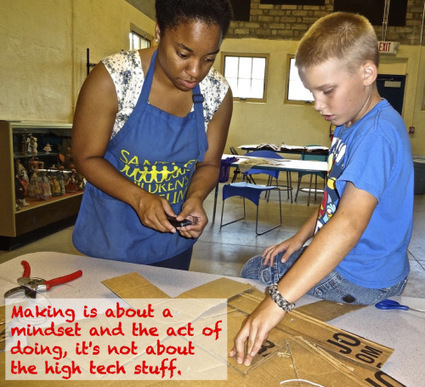

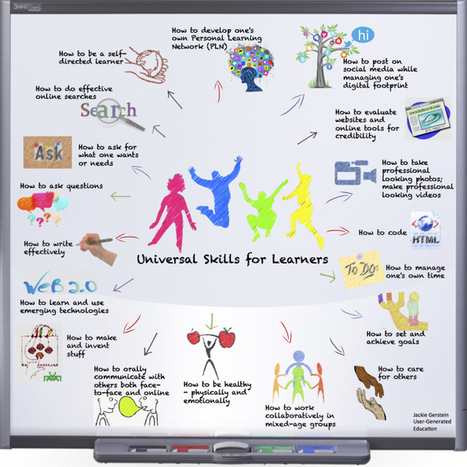

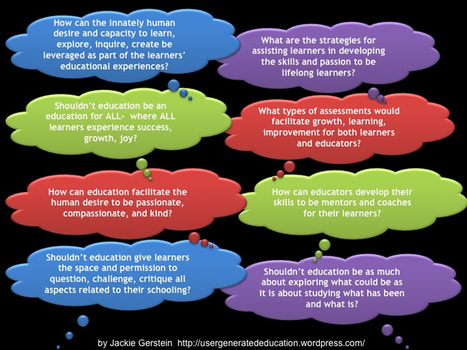


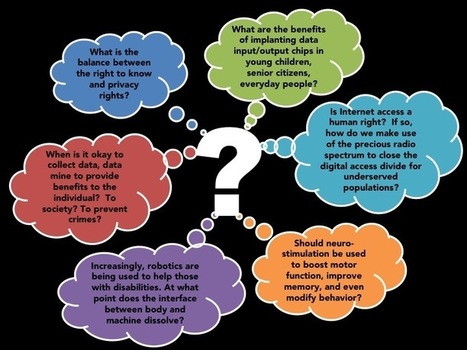

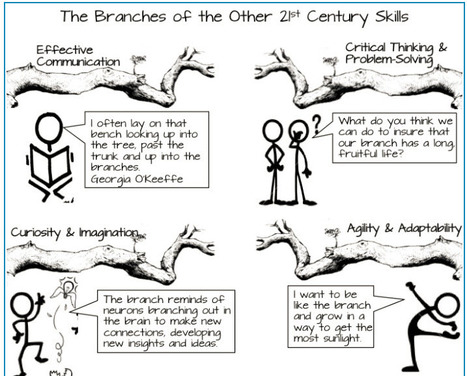


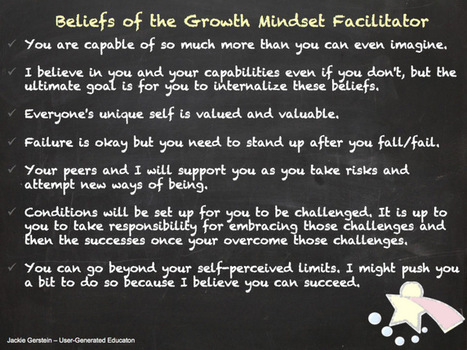
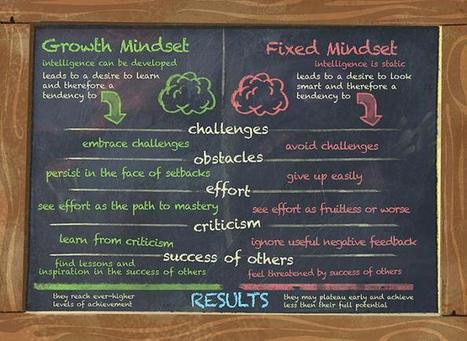






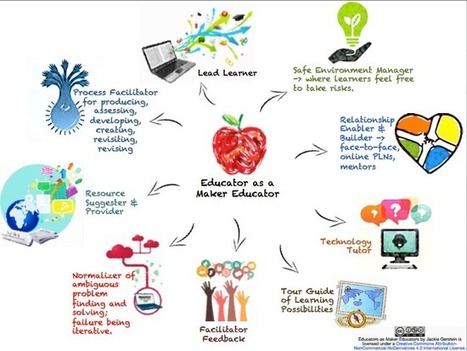

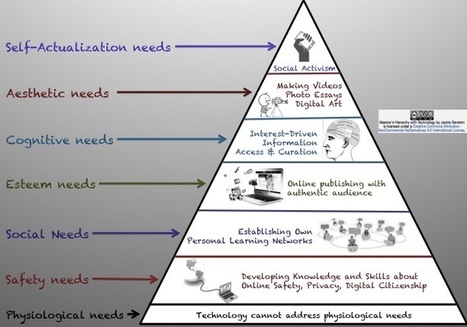

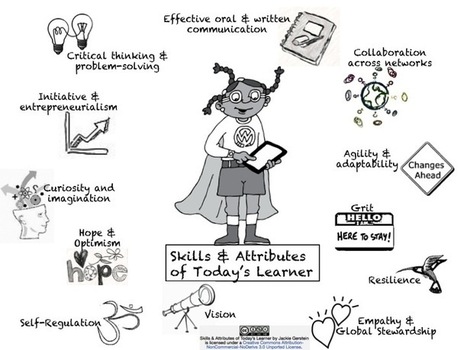
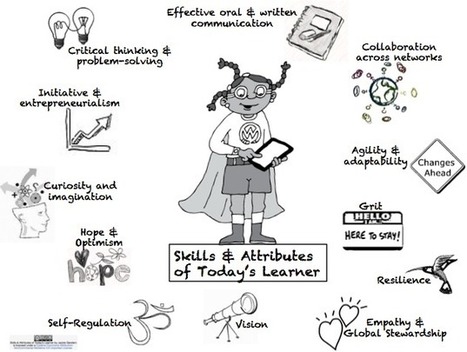






Jackie Gerstein has a number of posts that look at the Maker Movement, and in this post she discusses looks at two issues within the movement that have come to her attention through social media (quoted from post):
* Maker movement initiatives are often driven by more affluent white males.
* The maker movement is too often being associated with the tech stuff – Arduinos, Littlebits, Makey-Makeys – stuff that less affluent schools and community programs can afford.
Gerstein shares evidence that addresses each of these issues and then moves on to discuss how we can provide learners with maker opportunities at minimal costs. This portion of the post is divided into three sections:
* Changing Perceptions about Stuff
* Changing Perceptions about What Activities are Considered Making
* Changing Perceptions: Making is about a Mindset and a Process Not About Stuff
Her bottom line, let's focus on the act of making. If you are considering adding a maker corner to your classroom next year, or have the opportunity to work with learners this summer and would like them to become a part of the maker movement, take the time to peruse this post.